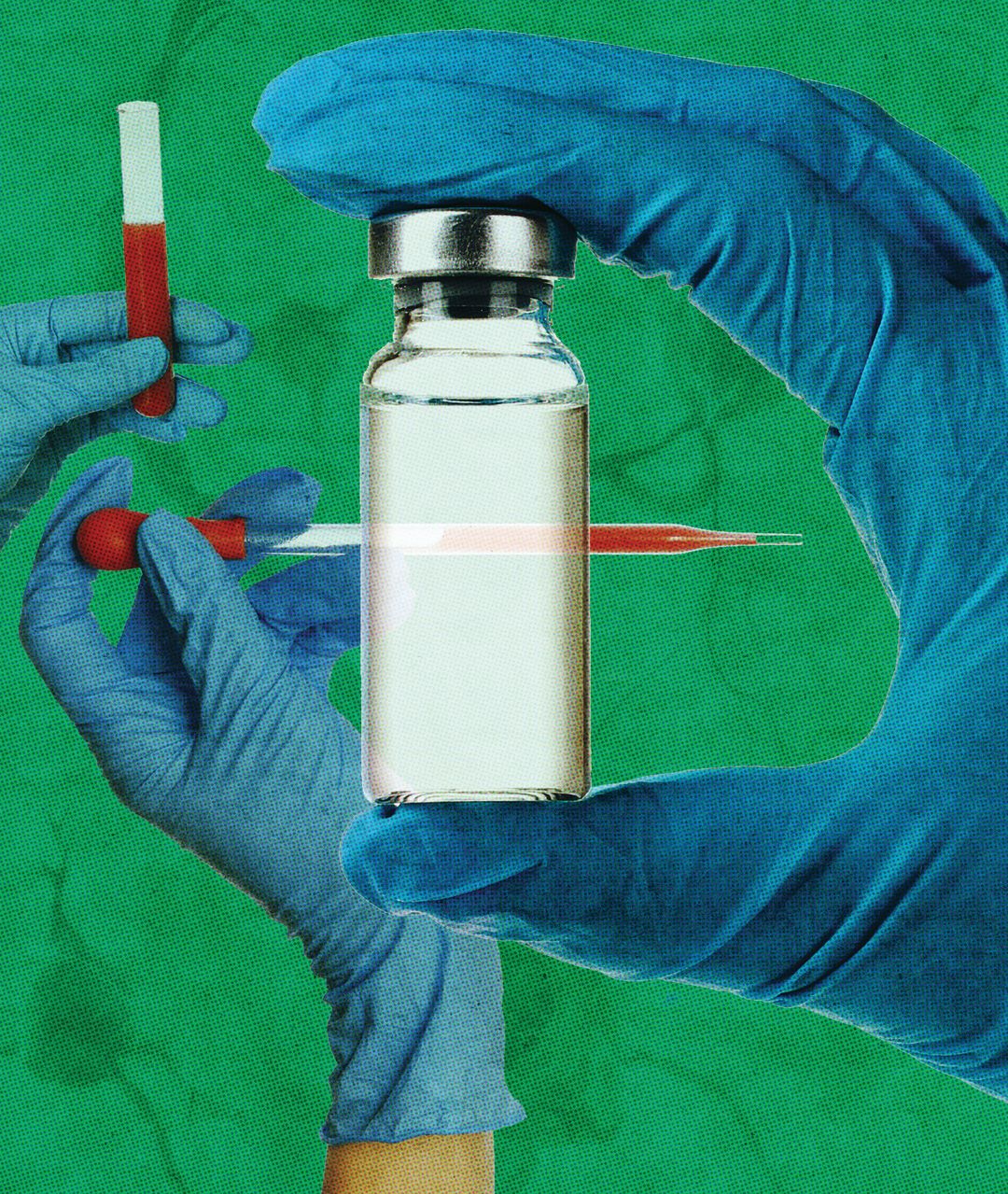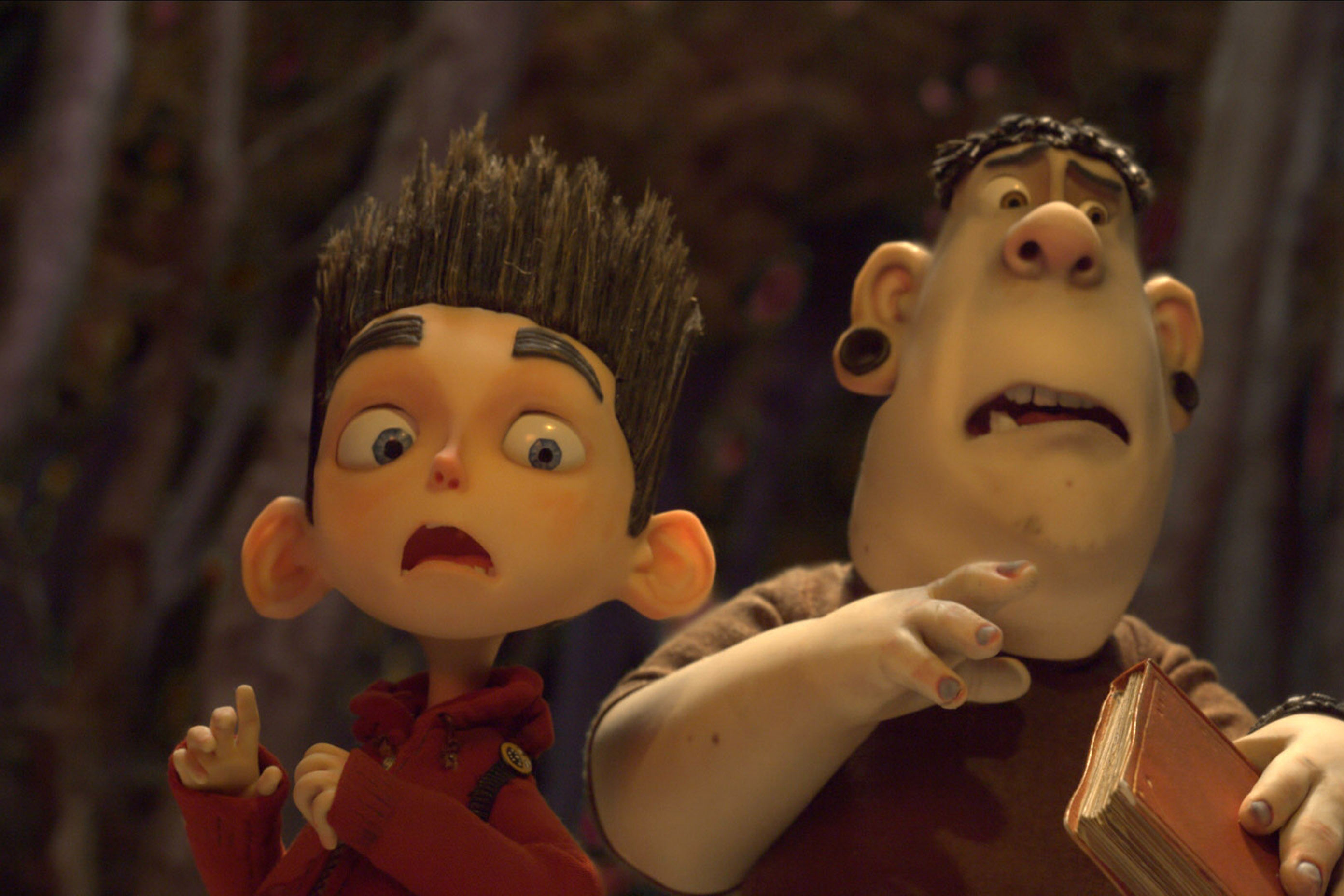Meet the Portland Father-Daughter Team Chasing Unconventional Cures to MS

Image: Amy Martin
When she was 24, Laura Wieden was diagnosed with multiple sclerosis. Right away, she refused to accept the established culture of a disease that affects more than 2 million people worldwide.
“I went to this one support group,” she recalls now, at age 45. “They were all older, and basically what they did was go around a circle and complain about their symptoms. I was looking for people my age.” So she started her own group; they met in bars and talked about dating and office life. “It was just more pertinent to our world,” Wieden says.
Is iconoclasm genetic? Laura Wieden’s father is Dan Wieden, cofounder and still guiding spirit of Wieden & Kennedy, the Portland advertising agency that made its name by honing Nike’s maverick image. WK’s best work turns marketing—briefly, at least—into something like art: spinning the bizarre statement that “chairs are like Facebook” into an emotional 90-second epic directed by Alejandro Iñárritu, or reinvigorating Old Spice with the instantly legendary “Man Your Man Could Smell Like.” The agency’s campaigns subvert expectations with lithe, fast-moving ideas.
And so it is not surprising, perhaps, that father and daughter alike found the quest for new MS treatments (and, ultimately, for a cure) frustratingly slow. “There’s patient time, and there’s research time,” Dan Wieden says. “The patient clock is going—” he makes a high-pitched whirring noise, “and the research clock is plodding along.”
Since 2006, the two have worked to speed up the “research clock” via the Laura Fund, a philanthropic relationship with an MS research team at Oregon Health & Science University. The effort invests in ideas that would otherwise struggle to land funding because they’re too unusual or they explore unproven treatment possibilities. Right now, researchers backed by the Laura Fund hope breakthroughs are in sight, thanks to avenues they say they could not have opened without money aimed at the unconventional and infused with the Wiedens’ personal touch.
“That’s one thing we know we can do,” Dan Wieden says of work informed by his family’s direct experience of the disease. “We can impart this kind of life-and-death sensibility.”
Multiple sclerosis erodes myelin, the substance that forms a sheath around nerve fibers, leading to the common symptoms of muscle weakness, difficulty walking, and numbness. “It’s like a wire where the insulation has been destroyed,” says Dennis Bourdette, the medical doctor who leads the MS research lab that gets money from the Laura Fund. “The circuits are still working, but not very well, and they’re prone to damage.”
Collaborating with Thomas Scanlan, an OHSU chemical biologist, Bourdette’s team is exploring a possible way to rebuild MS patients’ damaged myelin—reinsulating the body’s wires, in essence, with the aim of restoring the muscular function the disease impairs. The lab Scanlan runs studies thyroid hormones, which have been shown to help nerves repair themselves. But because natural thyroid hormones can cause harmful side effects, Scanlan developed a synthetic analog—potentially useful, in part, because its molecules are small enough to penetrate the blood-brain barrier and act upon areas damaged by MS.
After showing promise in animal trials, the potential treatment is slated to begin human clinical trials this year. And while the method’s ultimate success is yet to be seen, both Bourdette and Scanlan say their experiments would never have gotten this far without the Laura Fund’s emphasis on risk-taking and unproven ideas. (The amount of money the fund donated to the effort remains undisclosed.)
“Getting the data we have took two years,” Scanlan says. “But funders often want to see the data before you get the money—they’ll say, ‘Great idea, but where’s the data?’ It’s like they want the project done. That’s why research is hard to fund: you don’t know the outcome.”
For Bourdette, the motivations are scientific and professional, but also personal. “I’ve been treating MS for 30 years,” he says. “I’m tired of seeing heartbreaking cases of permanent disability. I see it every week.”
While deeply respectful of the research they sponsor, Dan and Laura Wieden seem guarded in their optimism.
“What they’re working on might or might not help me personally,” Laura Wieden says. “And that’s OK. That’s totally fine. And even if a specific project doesn’t work out, you still have more information than you had before.”
“I think the human relationships are critical to finding breakthroughs,” her father chimes in. “If it’s just a crossword puzzle you’re trying to solve, that’s one thing. But when you’re talking about a tight connection, there’s more urgency. Whether it works or doesn’t work, it’s a much more uplifting sense of promise.”




